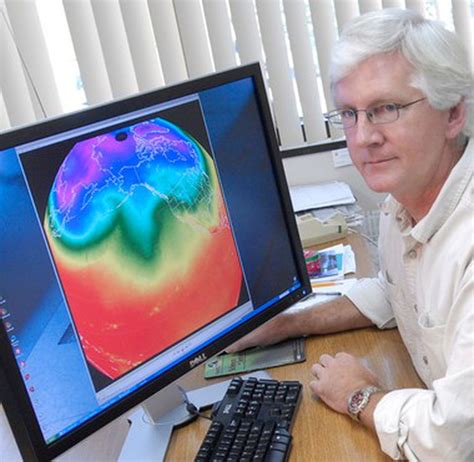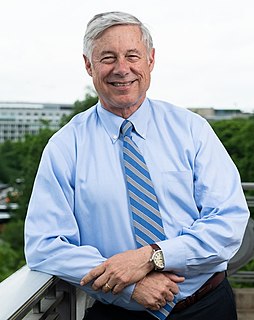Top 568 Co2 Emissions Quotes & Sayings - Page 6
Explore popular Co2 Emissions quotes.
Last updated on November 8, 2024.
We now know that we cannot continue to put ever-increasing amounts of CO2 into the atmosphere. Actions have consequences. In fact, the consequences of past actions are already in the pipeline. Global temperatures are rising. Glaciers are melting. Sea levels are rising. Extreme weather events are multiplying.
Injecting CO2 into an underground reservoir would certainly change the local environment and thus affect the organisms that live there. Some will thrive, and others will suffer. While we should minimize such impacts, they cannot be avoided completely. The same happens when one plows a field, builds a house or a road, or waters a lawn.
When Arnold Schwarzenegger goes to his reward - how's that? That's a crack, but I treat Governor Schwarzenegger well in my book. He's done such great work in California; we'll forgive him one personal habit. Everybody should have one not-totally-CO2-friendly habit they can be forgiven for. So we'll forgive him that one.
Even if we planted a tree on every square yard available in the planet by the end of the century we would only capture at most 10 percent of the CO2 we need to reduce. This does not mean that we should not plant trees; we should, for biodiversity's sake, and for our long-term future together with the other species.
No chemical compound in the atmosphere has a worse reputation than CO2, thanks to the single-minded demonization of this natural and essential atmospheric gas by advocates of government control and energy production. The incredible list of supposed horrors that increasing carbon dioxide will bring the world is pure belief disguised as science.






















































